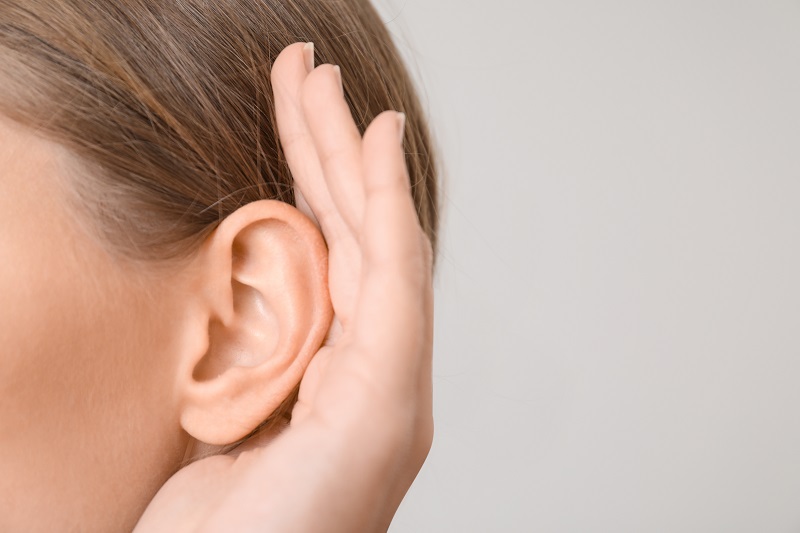Do you have hearing loss but haven’t sought treatment? Are you hoping it’s temporary and may resolve on its own? While hearing loss is often permanent, there are some ways you can help prevent your hearing loss from getting worse. Here are six simple tips for protecting your hearing, whether or not you already have hearing loss:
- Wear hearing protection.
Loud noises can contribute to hearing loss. If you know you are going to be around loud noises, such as machinery, lawn equipment, jet engines, or a noisy crowd at a concert or event, it is best to protect your hearing by wearing protection. Earplugs or headphones can help to block out the bulk of the noise and protect you from noise-induced hearing loss.
Of course, depending on your lifestyle, you may need to use hearing protection more or less frequently. If you are around excessive noise only a couple of times a year at concerts or games, you will only need to wear hearing protection on those occasions. By contrast, if you work in a noisy environment such as at a construction site, a landscaping business, or an airport, you may need to use hearing protection on a daily basis. - Avoid noisy environments when possible.
The other solution to handling noisy environments is to avoid them altogether when possible. Harmful noise levels—especially if they reach 85 decibels or higher—can cause temporary or permanent damage to your hearing. Avoiding these noisy environments altogether can help to protect your hearing. - Beware of ototoxic drugs.
Certain medications are ototoxic, which means they can cause damage to the inner ear. This damage can lead to hearing loss or can worsen existing hearing loss. If you are prescribed a medication that is ototoxic, do not stop taking it without speaking with your doctor first. Ask your doctor if there are any alternative medications and possible ways to mitigate the risk of hearing damage. - Keep earwax buildup under control.
Earwax (also called cerumen) can build up in your ears and cause hearing difficulties. Your ears usually push out excess earwax, but sometimes buildup can occur that leads to a blockage. Talk to your hearing specialist if you believe earwax buildup might be causing problems with your hearing.
You can also remove excess earwax at home (as long as you do not have an eardrum perforation) by gently softening the earwax with drops of warm olive oil, almond oil water, or a commercial earwax removal solution. - Don’t forget to consider total wellness.
With your body, everything is connected. Hearing loss often does not only affect your ears. It may be linked to other conditions like diabetes, heart disease, kidney disease, dementia, and more. Although the exact connection between these conditions is still being researched and may not be clear in your situation, keep total wellness as your goal. Talk to your hearing specialist about how your hearing health can affect your overall health and you can promote overall wellness. - Take advantage of technology.
You don’t have to live with untreated hearing loss. Thanks to technology, you can manage hearing loss through the use of hearing aids. Wearing hearing aids can help you hear sounds you wouldn’t be able to on your own—helping you enjoy social situations, hear conversations, and listen to the sounds of nature. In addition, using hearing aids can help you preserve the hearing you have.
If you would like to learn more about how to protect your hearing, even if you already have hearing loss, we welcome you to contact our hearing specialist today. We are eager to assist you.




